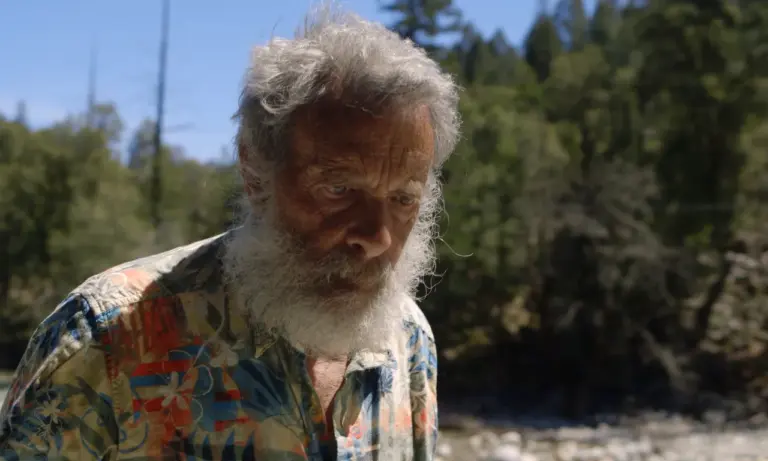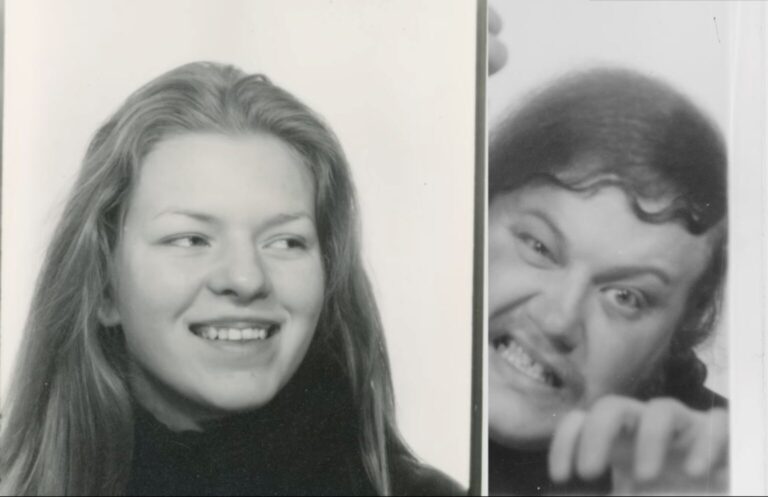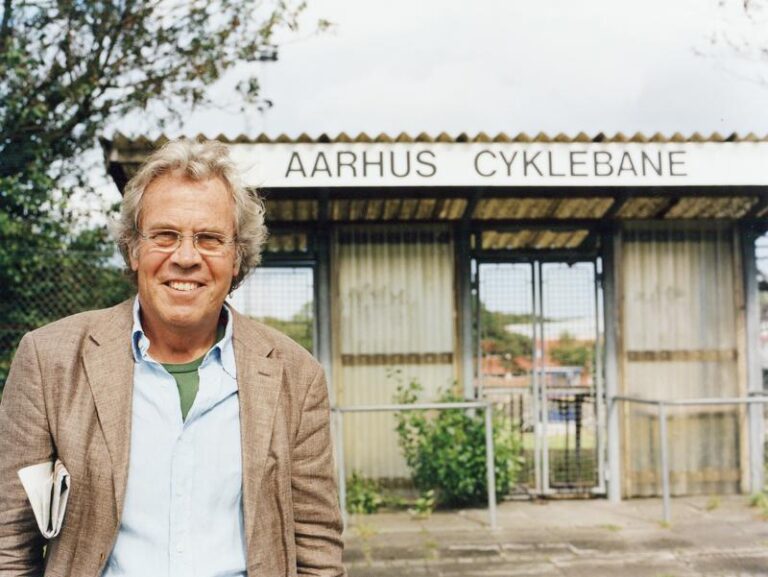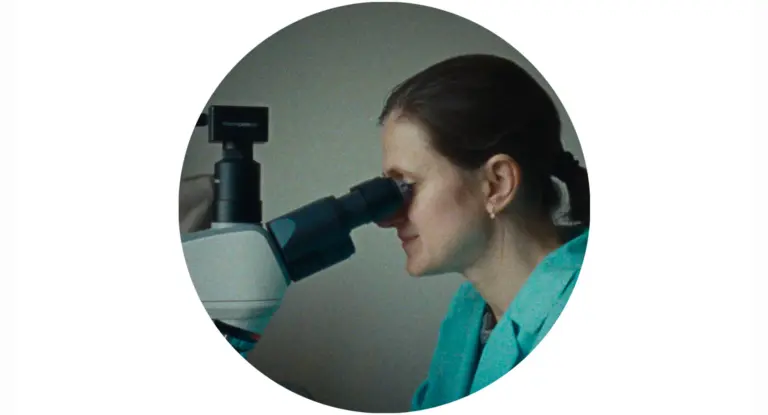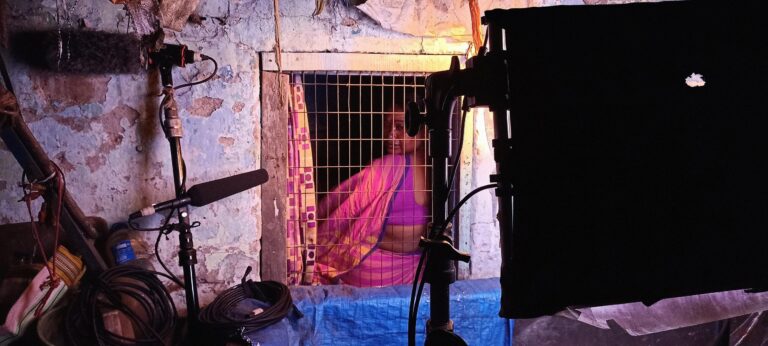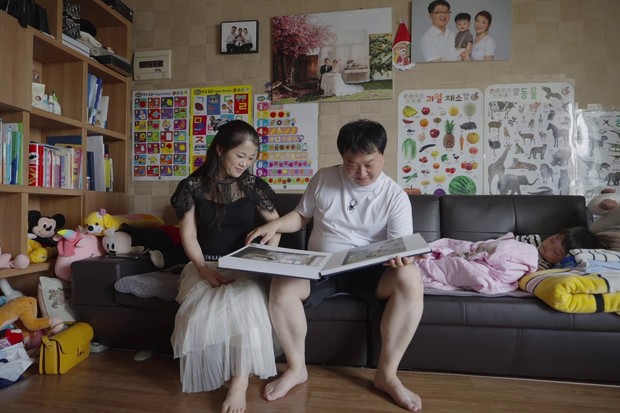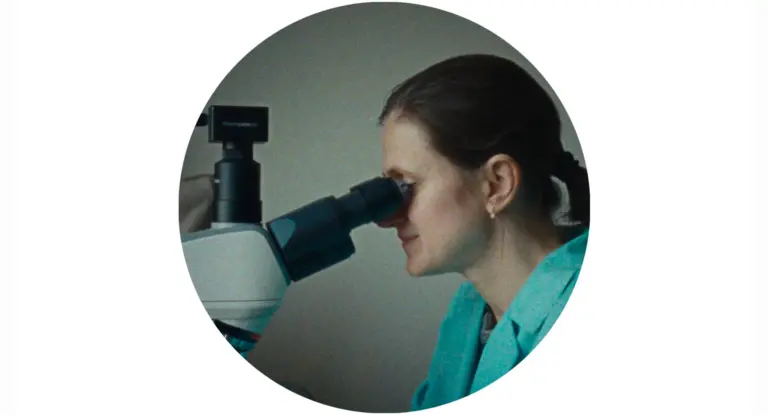


DVB Peacock Film Festival
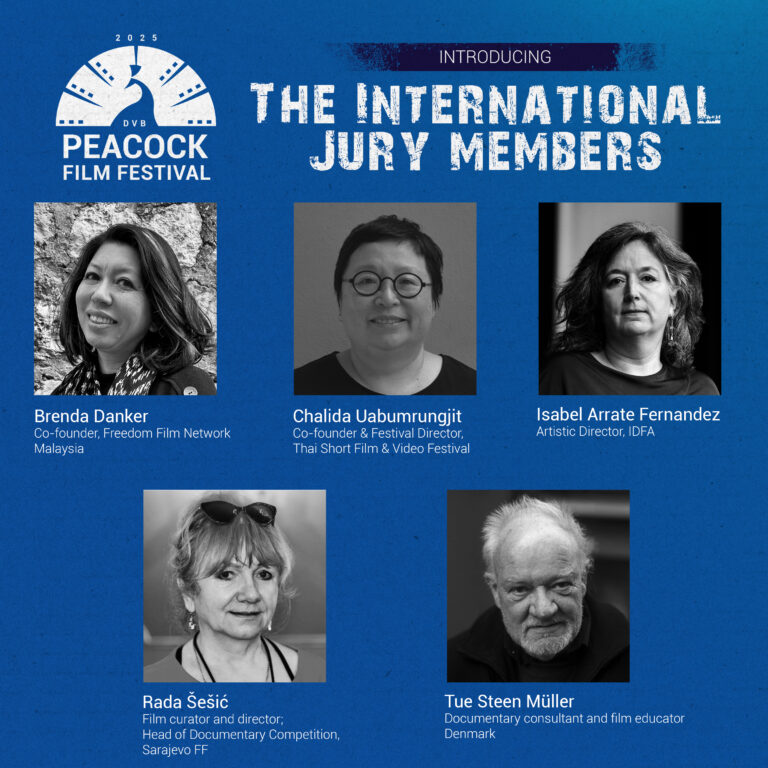
You are officially invited! Join us for the DVB Peacock Film Festival 2025 at Chiang Mai University (Dec 8-10). Experience a curated selection of powerful films from Myanmar, sharing stories of hope and resistance. This is how the organizers present a festival that starts tomorrow in Thailand. DVB stands for Democratic Voice of Burma.
I was – look at the photo – one of the jurors to make decisions that will be announced at the end of the festival, a jury put together by Igor Blazevic from Prague Civil Society Organisation.
It was a true pleasure to watch 10 short films and 8 journalistic shorts – and to have contact with Chan from the organisation. I asked how they put a festival like this together. I am quoting from her mail to me:
“Thank you so much for your message! I’m really glad to hear you’re finding the project interesting, even though I know the locations and abbreviations of the revolutionaries and opposition groups can sometimes be a lot to take in…
About your question, “our Sydney friends” refers to members of the Burmese diaspora living in Sydney. The CJ Shorts Project didn’t have any donors this year. Last year, Internews was able to secure a grant from FilmAid, but this year Internews itself had to shut down after USAID funding was cut. I tried to find support from international screening, but unfortunately we weren’t able to raise enough.
DVB still has the human resources to help citizen journalists, but no money to support them for production. That’s why the some Burmese community in Sydney organized screenings and collected donations (5000 AUD) to support the project. I credited them as “brothers and sisters in Sydney” — the way they refer to themselves.
We supported the Citizen Journalist 800 USD each production and DVB provided the rest of the money. We credit CJs as director and camera. Producers, trainers and mentors are from DVB and we handle the post production. If you have any questions please let me know.”Given this information I can only raise the flag for the work being done for a festival I did not know about in beforehand. Let me end with these words from Igor Blazevic:
Last year I participated in the DVB Peacock Film Festival as an International Jury member, but only remotely, online. I am very glad that this year I will be able to attend the festival in person and fully—to meet inspiring, talented, brave, and dedicated filmmakers.
I am also very much looking forward to experiencing once again those wonderful moments when you sit in a venue filled with an audience, watching a film you already know because you reviewed it while helping the International Jury, and focusing on how the audience reacts emotionally.
It will be lovely to meet many Burmese, expat, and Thai friends at the festival. I’m sure many of you will be there.
Since the earliest days of humankind—sitting in the dark around the firelight, telling and listening to stories of hardship, catastrophe, loss, pain, struggle, survival, promise, and hope—storytelling has been a way for traumatized communities to heal their wounded souls.
